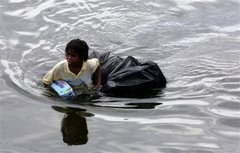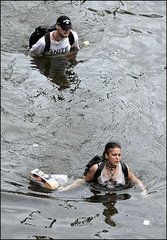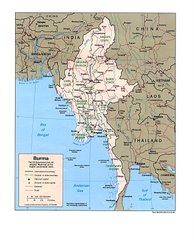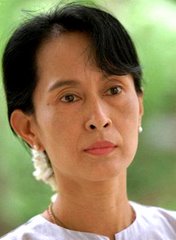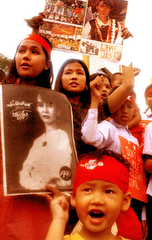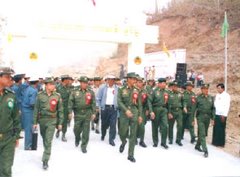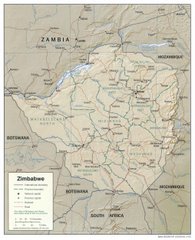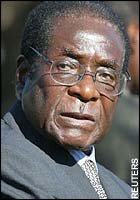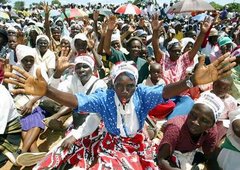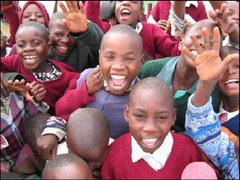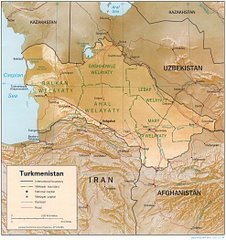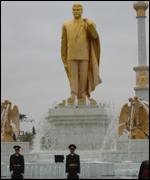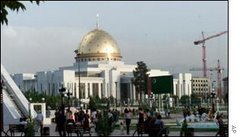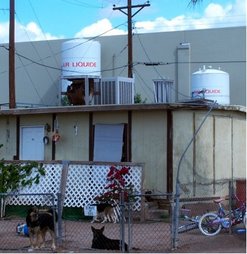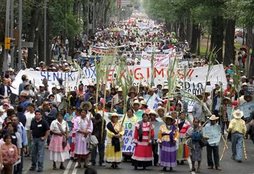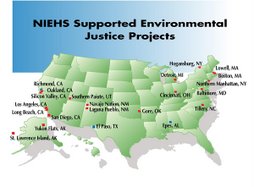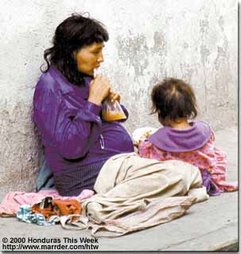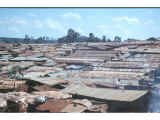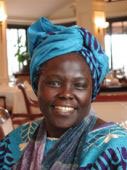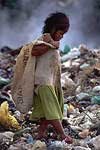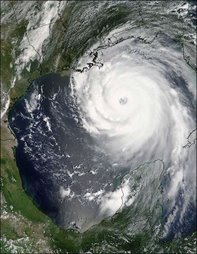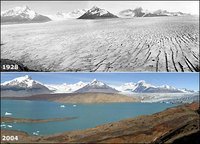-----
Our Own Prejudice
“All that is necessary for the triumph of evil is that good men do nothing.”
- Edmund Burke
Prejudice is all around us. It is involved in most of the topics we’ve discussed, in one form or another, but how often do we sit back and sit astounded by the prejudice around the world? This blog looks at the prejudice in our society and in our culture and more surprisingly in our own home.
There are multiple angles to look at societal, and inner prejudice. The first is through race:
Are these ideas ingrained in us everyday? After Hurricane Katrina, two photos were printed in two different AP news sources. They both displayed individuals wading in water chest-high carrying food items after the destruction caused by the storm. The photo with a young African-American was captioned “looting”, while a similar photo cited two Caucasian individuals in the same deep, murky water “finding” the goods. Check out the pictures of this discrepancy on the side panel.
Maybe these ideas are ingrained into us at a much younger stage, before we are even able to really comprehend news media. Last year, Kiri Davis recreated a 1940s experiment concerning young girl’s images of themselves. Ms. Davis asked these girls to choose the “good” doll and the “bad” doll between a black and white barbie, identical in every other way, but race. 15 of the 21 girls in the study (taken last year) chose the black doll as the bad one.
The video Ms. Davis produced was reposted on youtube.com and can be found here
Check out an interesting article from Time Magazine regarding the immigration debate. Would Americans be concerned with immigration if illegals were coming in from
Race is only one of our subconscious prejudices that we may be condoning. I don’t believe that we were born to hate. We are taught our manners, ideas, and opinions by society, by our cultures, and by the individuals with whom we surround ourselves.
Subconsciously, it's there. It is our job to change.
Because this topic is less tangible than others I don’t have statistics or a “top ten list” of how to be a better person. However, the mission of “Our Common Concern” is to “leave the world a better place than we found it.” This is just the first step.
This week, conquer your own inner prejudice. Tell someone they’re beautiful. Influence children in the right way. Think about and rethink your views on certain issues and why you have these views. Donate to organizations and charities established to fight injustice, such as the National Conference for Community and Justice (NCCJ).
“Be the change you want to see in the world.”
-Gandhi
For more information on this topic and ways people are closing these gaps, try these websites.
- Racial Disparities on the war on drugs
- The National Conference for Community and Justice (NCCJ)
- The Fight for Your Rights Campaign is geared towards the young MTV crowd, but this page has links to a number of organizations established to fight against various forms of discrimination and to educate those of all ages.

